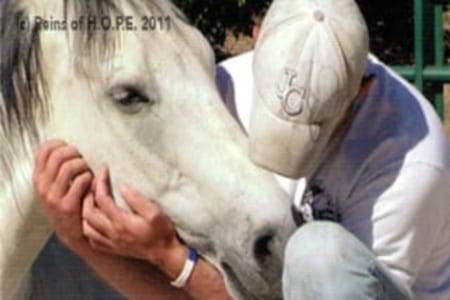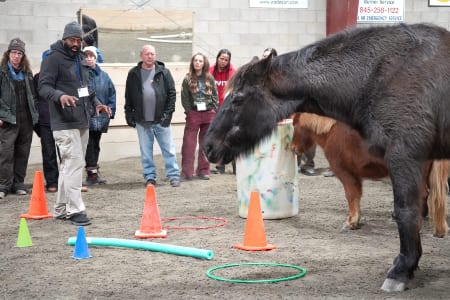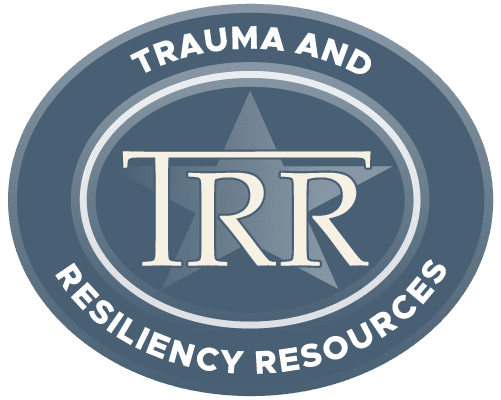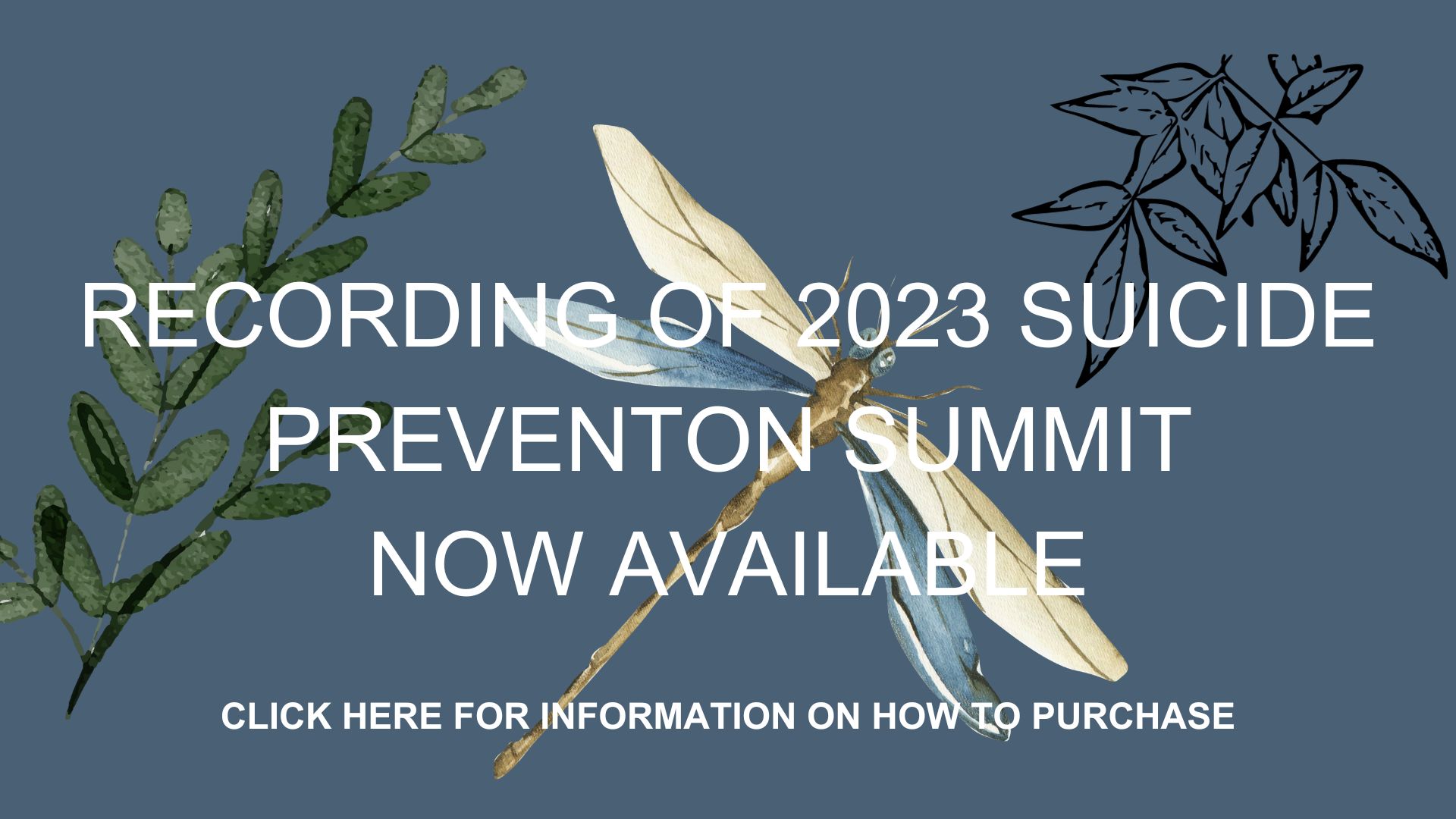Suicide Prevention
Despite our very best efforts as a nation we are still losing 22 veterans a day to suicide. For the almost 10 years that TRR has operated it’s award-winning Warrior Camp® program, we have done so with the understanding that, more important than PTSD, it is the unrepaired damage to warriors’ hearts and souls – called Moral Injury – that is fueling the high rate of suicide.
TRR is convinced that Moral Injury is a central factor in Military Veteran Suicides. In an effort to stem this tide and address this serious existential threat to our nation’s warfighters, we need to build a wide and robust community of veterans, mental health professionals, veteran service organizations, and citizens who honor military service. Join with leaders, innovators, and activists as we address the issue of Moral Injury at our VIRTUAL 2023 Suicide Prevention Summit with an esteemed keynote speaker followed by a panel discussion, and then a wider audience conversation. This dialogue will be followed by a presentation to show how a herd of horses can help repair Military Moral Injury.
We are very pleased that the U.S. Army now formally recognizes the importance of Moral Injury. Its Department of the Army pamphlet 165-19, released in November 2020, states:
“Moral injury is a form of psychological, mental, or spiritual trauma, distinct from post-traumatic stress disorder (PTSD) but often accompanied by PTSD, whereby an individual’s observation of, or participation in certain acts run counter to deeply held moral beliefs. Those who witness or perpetrate acts (or failures to act) that violate deeply held moral beliefs (such as can occur in combat) may later associate those memories with feelings of deep conflict and consternation. Moral injury can also be related to mental stress or discomfort from hold-ing two or more opposing beliefs or values, performing actions contradictory to one or more beliefs or values, or confrontation with information that conflicts with existing beliefs or values. For example, a Soldier may strongly value the sanctity of human life but also hold a strong sense of duty and honor in participating in lethal combat and defeat of national enemies and may suffer ongoing intense feelings of conflict over taking a human life in combat. Moral injury can lead to severe emotional, psychological, behavioral, spiritual, and social impact if left untreated and unresolved. “Moral injury is often compounded by PTSD and may contribute to high suicide rates for military personnel who have deployed to combat.” (DA PAM 165–19 (27 November 2020), Moral Leadership, Section 3–5, “Moral injury, the Chaplain Corps, and Moral Leadership.”)
This reaffirms TRR’s philosophy and approach to treatment and training:
“Moral Injury is an existential or spiritual crisis that can be the consequence of having been trained to override the intrinsic aversion to the taking of human life. It can also be the result of having engaged in combat operations, however necessary at the time, during which one’s ethics and actions did not align. We think the internal conflict between moral codes and actions often leads to suicide.” TRR
The Columbia Protocol is one of the most utilized suicide prevention scales.
Click on the picture to download your copy or click on the link below to get more information.
The Columbia Lighthouse Project

Donate
Support Our Work

Get Help
Combat Veterans of All Eras

Get Trained
Training for Professionals



